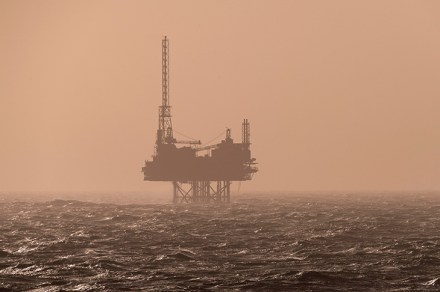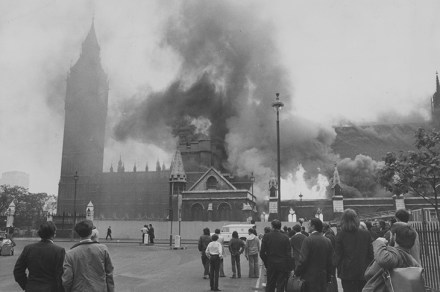Peru’s beauty has been a real curse
As the planet gets more and more ravaged, the mind can begin to glaze over at the cumulative general statistics — so much rainforest lost, so many glaciers melted, so much less oil left. Joseph Zárate’s masterly new book reminds us that when it comes to fighting on the front line of the environmental wars, it’s all in the detail, and that nothing is quite as simple as might at first appear. Some years ago I went to a remote area on the border between Peru and Bolivia where a meteorite had landed on a small village and caused mass poisoning. The hospitals had filled up both with the locals





